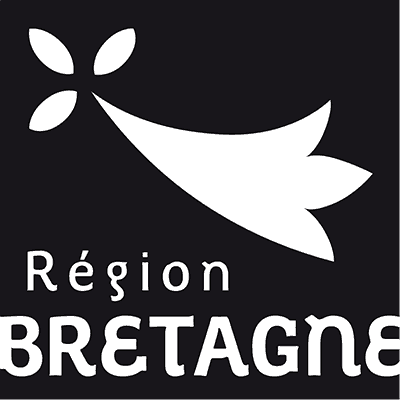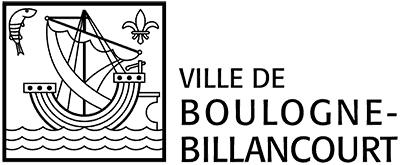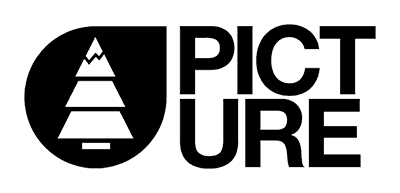Can Decreix
Address: 66290 Cerbère, France (view on a map)
Energy, Food, Water, Waste, Farming, Hygiene, Materials, Health, Tools, Housing, Mobility, Communication
Can Decreix is a place for degrowth in practice existing already 10 years. It is situated at the border between France and Spain, between sea and Pyrenees. Many meetings took place here, summer schools, degrowth metings, Growl, many workshops, so many visitors came here.
We live and experiment degrowth all the way in a local context. Trying to put forward the different values behind degrowth in practical terms too. We know very well that degrowth is a systemic change, that involves political action at large scales too, but also at local scale.
Living degrowth now means envisioning another reality. We cannot experiment global changes, but we can experience a bit of what needs to be done at large scales, as some of the issues that we find at small scale will be found at larger scale too.
The framework we propose enables to rethink regularly options for degrowth in practice in the given local context, by integrating feedbacks of how to take care even better of each others, ourselves, as well as the surrounding and global environments.
Among the frugal innovations you mention, we are thinking especially about combinations of lowtech, and how to live with them. It is about systemic Lowtech: involving the integration of different technics. We especially deal with reuse cascades where materials and energy are cascaded to satisfy many needs, as well as “needs cascades” where fulfilments are cascaded to liberate many resources.
Among the lowtech items you did not mention we can add (but it is not exhaustive):
- dance, music, singing, contact as important ingredients of frugal innovation.
- Degrowth cooking: raw, attention to quantities, care of downstream impact, wild plants, sprouts, efficient cooking etc.
- sterilization techniques
- Wine and juice making with special press
- Stone building
- Dry plantations, especially with succulents and cactus
- Train travel and living carfree
- Toxic prevention: avoiding the use of toxic products and be able to reuse water directly without treatment doing greywater irrigation
- Wild plants harvesting and processing
- Cable transport
- Horizontal organizing
(…)



